Do It Yourself
Grow Your Own Organic Garden Even in Small Spaces
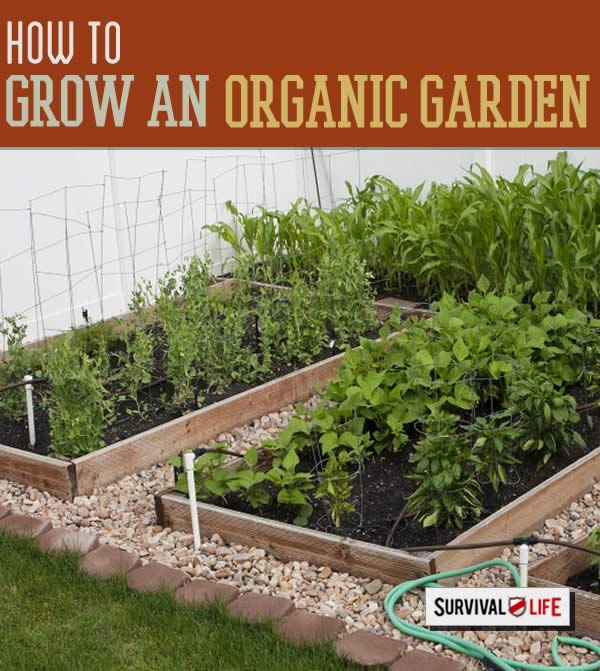
Organic food is food that is naturally grown without the use of fertilizers, preservatives or pesticides. It can be said that organic food means food the way nature intended it to be. Whether you have fruits, grains, meat, dairy products or vegetables, growing your own organic garden is the best way of preparing produce for the situations that we cannot even imagine.
Growing an organic garden might seem difficult if you live in a small home, but it is not impossible. There are space saving techniques and tricks you can use to grow a healthy, vibrant organic garden no matter how small your yard is (or even if you don't have one).
Grow Your Own Organic Garden Even in Small Spaces
Growing an organic garden at home can be a fun activity for you and your family. It shows that you do not always have to rely on the grocery store or farmer's market for the fruits and vegetables that you need. You're not only showing concern for the environment; you're also practicing self-sufficiency. There is no substitute for the feeling you get when you pick vegetables or fruits from the yard and go straight to the kitchen to cook them or eat them right away.
Here is an excerpt of the original article:
5 Ways To Grow Organic Food In Small Spaces For Preppers, Survivalists And Every Day Folks
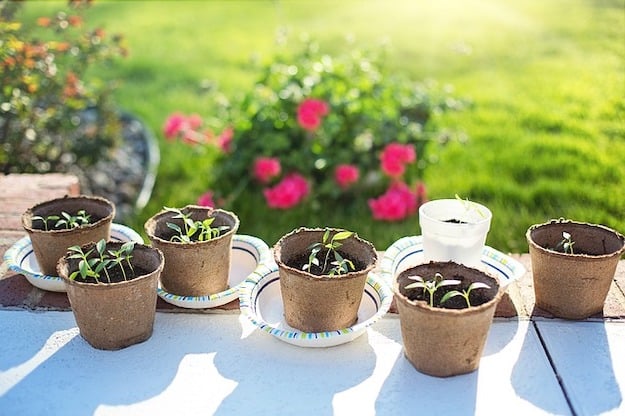
With the constant onslaught of GMOs, pesticides, and chemicals making their way into the food supply, growing food in your home garden has become less of a hobby and more of a necessity. Many people have now begun to grow a large portion of the fruits and vegetables they consume at home, and an increasing number do so without the luxury of vast amounts of land. Food can be grown in just about anything, and all it takes is a little knowledge and effort. Even if you only have an apartment balcony, there are techniques that can help you produce your own impressive harvest, and this article looks at 5 different ways to grow food in a limited space.
Vertical Gardening
Vertical gardening has become fashionable lately with many interior designers including a ‘green wall’ in office buildings, and they are often used to cover the exterior of museums and galleries to create a ‘living art’ feature. However, their true appeal lies in their effectiveness for growing food, and they are perfect for patio gardens, balconies, or for anyone wishing to maximize their vertical garden space. Most large DIY stores sell container kits that can be attached to a trellis and then attached onto a wall, or you could even make your own containers using 2 litre plastic bottles or empty plastic pots. For those without an outside space, Windowfarms sell a hydroponic indoor vertical gardening kit that feeds and waters itself, and manufacturers claim it can grow everything from herbs to strawberries in just about any climate.
Square Foot Gardening
Square foot gardening found popularity in 1981 when gardener Mel Bartholomew demonstrated how to grow a substantial amount of food in a container or vegetable bed measuring just 4ft x 4ft, and his technique has been emulated in homes all over the world. Square foot gardening involves dividing the space into 16 different squares and planting different seeds in each space. As each crop is harvested a different plant takes its place, and the tallest plants such as tomatoes and leeks are situated at the back. In his book All New Square Foot Gardening, Bartholomew recommends a soil mixture of peat moss, vermiculite, and compost to yield best results, and regular rotation of crops will ensure fertile soil. This method is perfect for new gardeners as it is easy to maintain and needs only a few materials to start up.
Naturally grown foods have more antioxidants and there is no risk of being exposed to heavy metals. The heart is healthier and the immune system is given a boost. Premature aging is prevented. Perhaps the greatest health benefit of organic foods, in addition to providing a safe and healthy world for our children, is the fact that it prevents cancer.
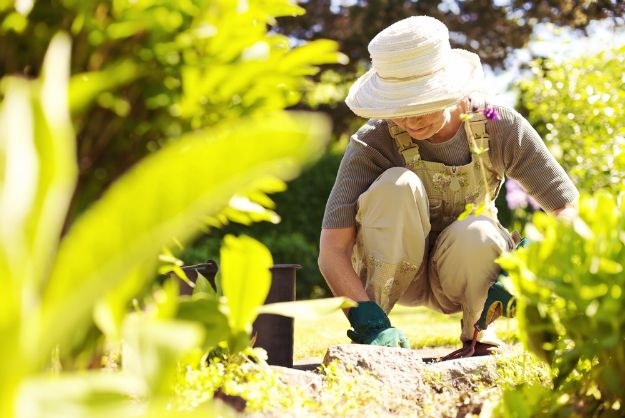
Indeed there are so many good reasons to start growing an organic garden. You are beautifying your home even if you are just using a little space. The air is made fresher with the presence of the vegetation. You are saving energy because no petroleum is used to run your micro-farm. You're also saving money since you no longer have to buy those vegetables or fruits from the grocery.
If you don't have a little organic garden yet, it's about time you started growing one.
Do you have any organic gardening tips for your fellow preppers? Let us know in the comments.
Also, be sure to check out these related articles from our site:
Hidden Dangers of Pesticides- What You Need To Know
How to Make Compost | DIY Composting
-

 Paracord Projects11 months ago
Paracord Projects11 months agoParacord Projects | 36 Cool Paracord Ideas For Your Paracord Survival Projects
-

 Paracord Projects1 year ago
Paracord Projects1 year agoHow To Make Paracord Survival Bracelets | DIY Survival Prepping
-

 Medical Care1 year ago
Medical Care1 year ago21 Home Remedies For Toothache Pain Relief
-

 Knife Laws12 months ago
Knife Laws12 months agoAre Switchblades Legal? Knife Laws By State
-

 Do It Yourself1 year ago
Do It Yourself1 year agoSurvival DIY: How To Melt Aluminum Cans For Casting

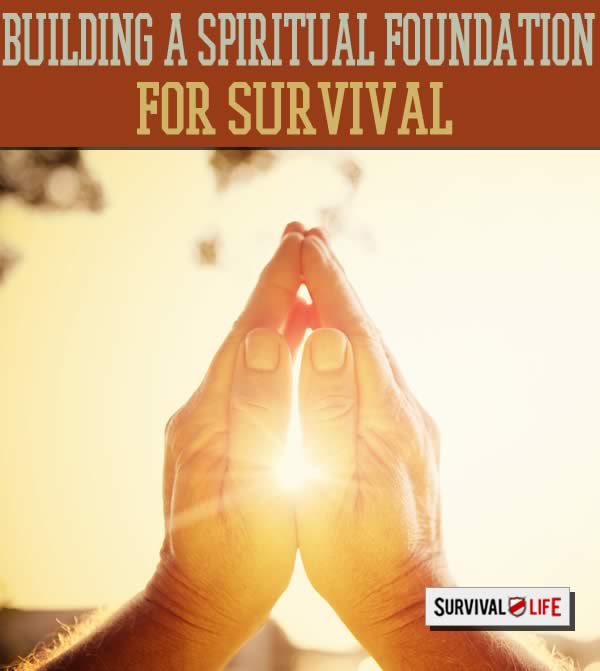



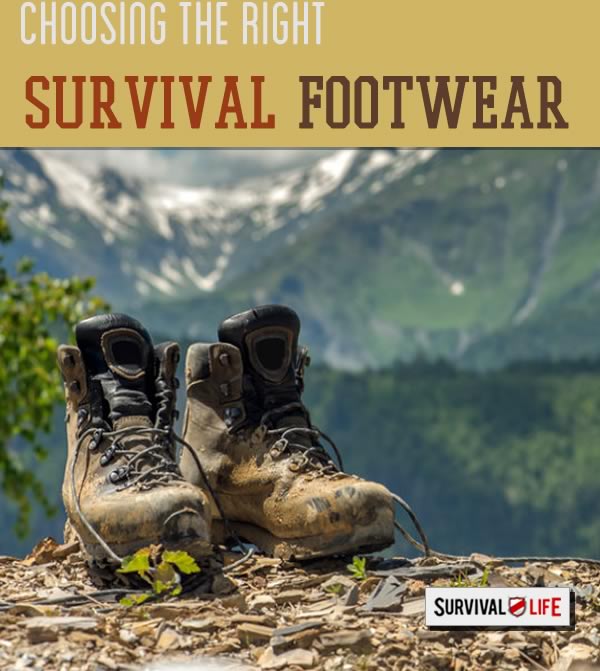



Pingback: Grow Your Own Organic Garden Even in Small Spaces | Patriot Powered News
Pingback: Grow Your Own Organic Garden Even in Small Spaces » Survival Gear & Food Storage
Pingback: DIY Raised Garen Beds | SL
Pingback: Container Gardening for Your Patio or Balcony | SL
Pingback: Container Gardening for Your Patio or Balcony | Survival Life
Pingback: Container Gardening for Your Patio or Balcony | survivalisthandbook.com
Pingback: How to Make Your Own Vertical Herb Garden | Survival Life
Pingback: DIY Indoor Vertical Herb Garden – Ultimate Survival Alerts
Pingback: DIY Indoor Vertical Herb Garden - Survival Patch
Pingback: What Movement Organizing & Space Exploration Can Learn From One Another [PODCAST] | Best Go Bag